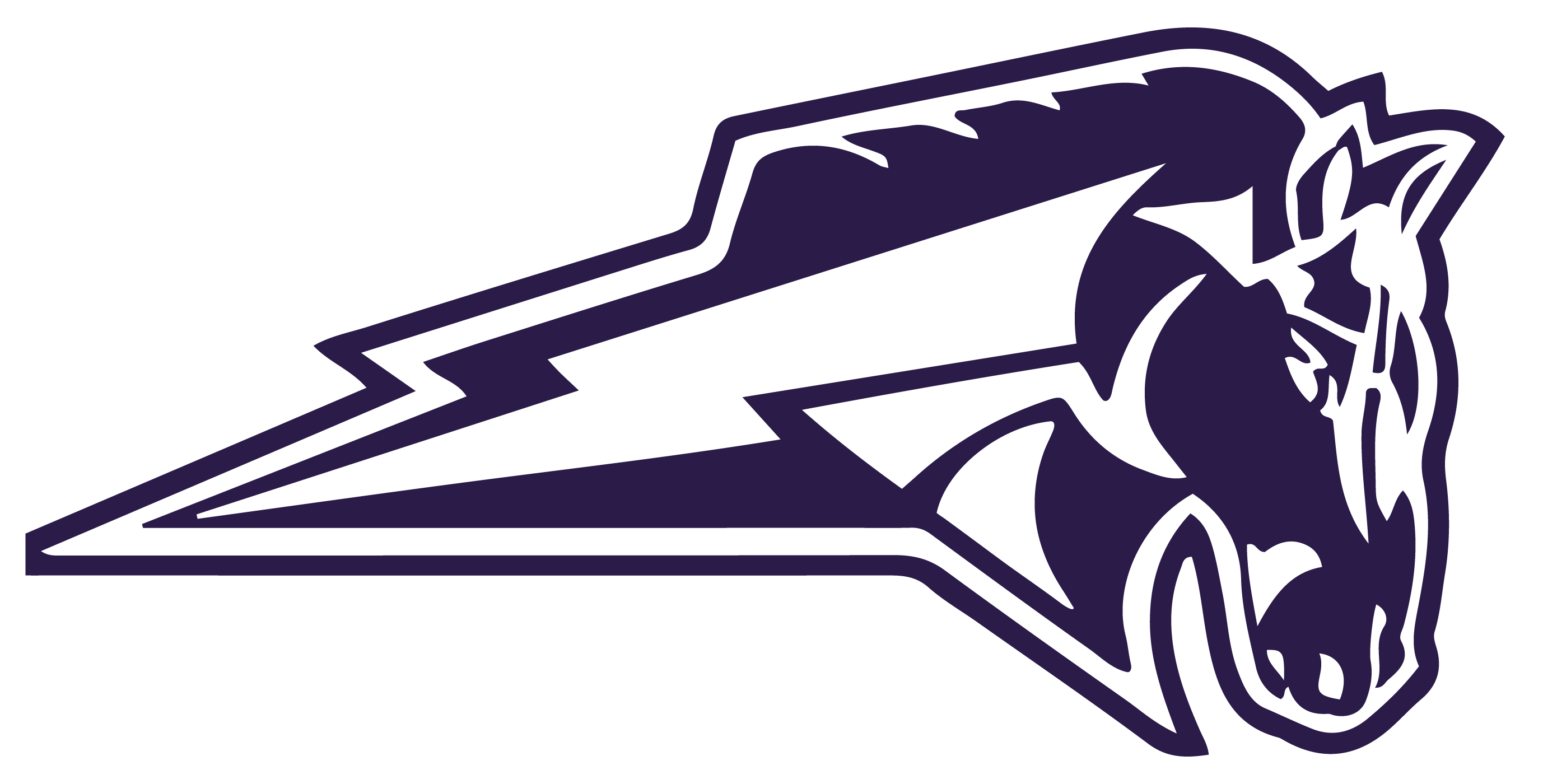Skip to content
Show submenu for Athletics
Show submenu for STUDENTS
Show submenu for PARENTS
Show submenu for District Departments
District Departments
OFFICE OF LEARNER SUPPORT SERVICES
STUDENT SUPPORT SERVICES
Show submenu for Community Page
Community Page
SCHOOL COMMITTEE
BMR Athletics
School Building Committee
Show submenu for
